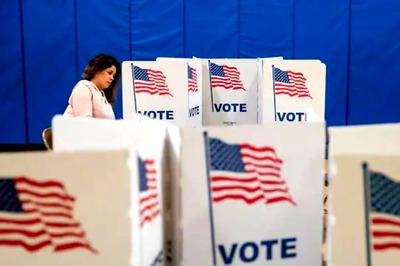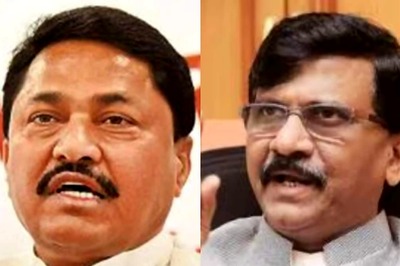
views
window._taboola = window._taboola || [];_taboola.push({mode: 'thumbnails-a', container: 'taboola-below-article-thumbnails', placement: 'Below Article Thumbnails', target_type: 'mix' });Latest News
State governments need to be aware of international trade and be proactive so that their policies don’t violate India’s WTO obligations and their manufacturers can take advantage of the rights under the WTO and Free Trade Agreements, according to a paper presented by the Centre for WTO Studies, New Delhi, at the two-day seminar which began at the Institute of Management in Government (IMG) here on Monday.
States should understand formalities such as the data requirements to initiate an investigation and how to file a petition against dumping so that they may protect their local industries from “dumping” by trade partners, the paper stated. Identifying products requiring tariff protection and those of export interest to the state and exercising caution while implementing subsidy schemes are among the other requirements from state governments so that ‘India can comply with WTO obligations and utilise the rights.’
In his talk on ‘WTO and Kerala Economy,’ K J Joseph of the Centre for Developing Studies here, expressed the view that while trade is considered by WTO to be the engine of growth; in his view, it is competition which is quintessential for development. “And competition can only come through innovation. But our institutional inertia stands in the way of our innovation,” he said.
He cited the example of Kerala’s plantation sector, which is a “key sector in India’s inclusive development,” where the respective plantation boards, by following WTO guidelines, can take steps to improve innovation.
“For example, the WTO has set limits on the fertiliser and chemical residue that can be found on plantation crops. If these norms are followed, the extremely high fertiliser use in cardamom plantations can be brought down and organic farming encouraged,” he said.
The ‘Seminar on WTO and its impact on Kerala’s economy,’ jointly organised by the IMG and Centre for WTO Studies, was inaugurated by former Cabinet Secretary and Vice-Chairman of the State Planning Board K M Chandrasekhar who spoke on WTO and the Indian Economy. Also present were Abhijit Das, Head of Centre for WTO Studies and Nivedita P Haran, Additional Chief Secretary and Director, IMG.


















Comments
0 comment